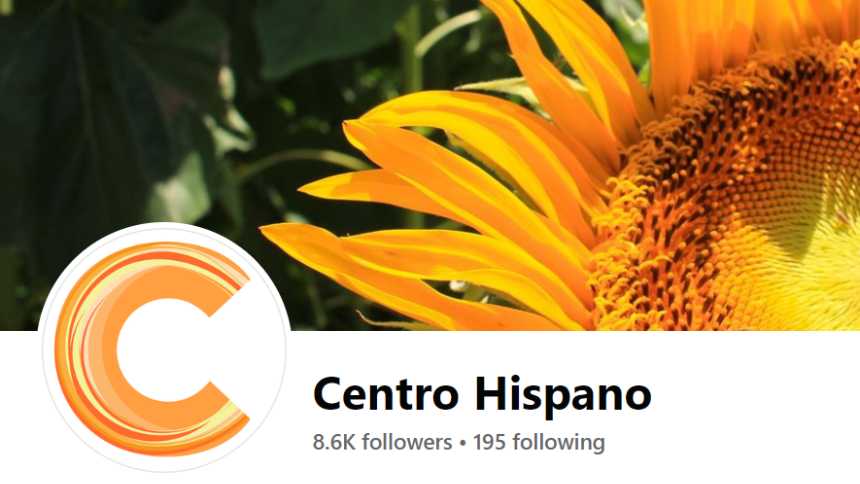
Centro Hispano de East Tennessee is the Urban League of the Latino community in Knoxville
The nonprofit has outgrown its space on Sutherland Avenue and is seeking $700,000 to relocate to a larger facility.
“We see our organization’s mission as social entrepreneurship, but we run it like a business,” says Claudia Caballero, President and Chief Executive Officer of Centro Hispano de East Tennessee.
Founded 18 years ago and led by Caballero since July 2016, the nonprofit describes itself as “the leading resource both for East Tennessee’s Latino community and for East Tennessee regarding the Latino community.” Making those valuable connections involves everything from education and workforce development to youth and family engagement and community-strengthening initiatives.
We had the opportunity to meet recently with Caballero and Brandon Ledford, Director of Workforce Development, to learn more about the various programs Centro Hispano operates, the growth of the organization, and its new major fundraising initiative.

Caballero brought what she describes as “a fresh perspective on how to run a nonprofit.” It was her business background – she earned her bachelor’s degree in business management from Catholic University of Honduras and worked after that in private businesses in other states before relocating from Austin, TX to join Centro Hispano. In May of 2023, she graduated from Vanderbilt with an MBA.
Describing the nonprofit as the Urban League of the Latino community in Knoxville, Caballero says that she focused on making Knoxville home. That meant immersing herself in the community and meeting others who could help advance the Centro Hispano mission.
Today, 18 years after its founding when Centro Hispano had an annual budget of $60,000 and 1.5 full-time staff, it has grown to a yearly budget of $2.7 million with 20 full-time staff and 20 part-timers.
“The Latino community is growing in East Tennessee,” Caballero says, pointing to a 3X growth in the student population in Knox County Schools in the eight years since she joined the organization. In 2016, those with Latino roots comprised 3.5 percent of the student body. Today, that number is 12 percent.
She emphasizes that Centro Hispano is not just a place for basic services, but a true community focused on fueling the local economy. To do so, Caballero outlined a number of programs built around three core principles:
- Supporting small businesses owned by people of color;
- Recognizing that the Latino community is not a monolith; and
- Providing essential services that help the Latino community successfully integrate into East Tennessee life.

Those ensure that Centro Hispano honors its mission and vision to connect, integrate, and empower the Latino community through education and engagement, information and referral services, and community-strengthening initiatives.
The organization offers a variety of services that are classified in four categories.
- Workforce development that ranges from five levels of English classes to a new program designed to meet the region’s need for trained medical interpreters;
- Youth and family engagement that includes on-site children’s programming, afterschool programs at partner elementary schools, youth mentoring and tutoring, and parent education programs;
- A robust community resources initiative that makes meaningful connections between the Latino community and service providers such as lawyers, healthcare – a partnership with Cherokee Health System focused on prenatal care, and housing; and
- Small business assistance that includes the CO.STARTERS program, one of only eight across the country that is specifically geared toward the Latino community.
Ledford said the new Medical Interpreter Program was launched in response to a shortage of those who could help facilitate communications between healthcare providers who do not speak Spanish and their patients. It is a 40-hour curriculum followed by an 80-hour practicum. Ten individuals participated in the first cohort with another 20 expected to be trained this year.
Looking to the future, Caballero says that Centro Hispano has outgrown its space on Sutherland Avenue and needs a new home, for which she is seeking to raise $700,000. Her question is simple but profound: “Are people willing to invest in what is going to be an engine for the community?”
Like what you've read?
Forward to a friend!

